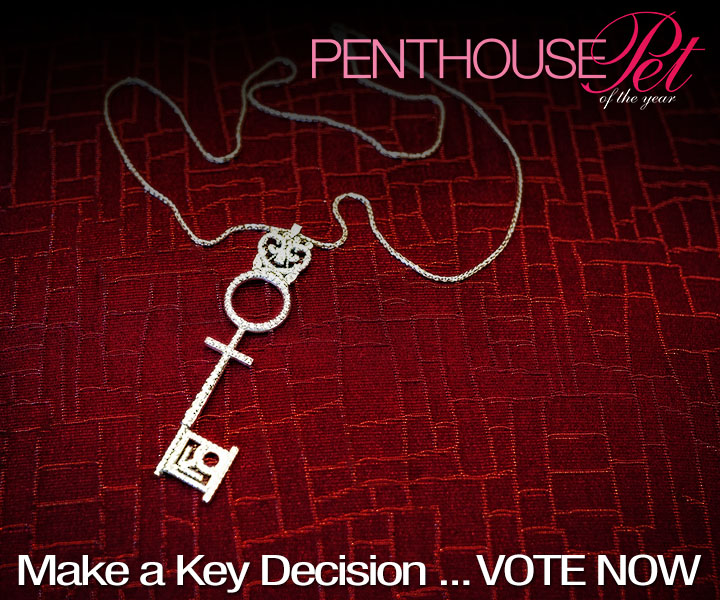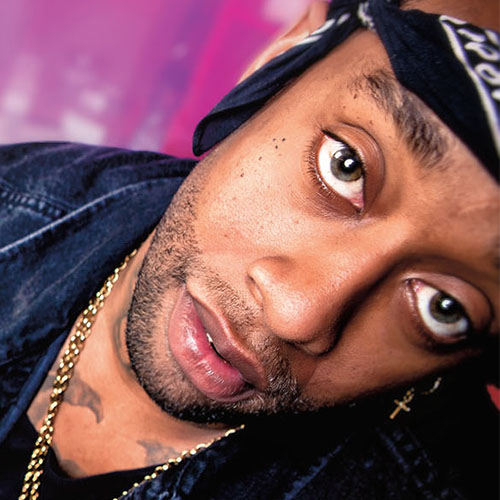When you listen to a Cody Jinks song, you’re immediately struck both by what it is and what it’s not.
The Melody of One Life
On the “not” side of the ledger, you’re spared any cheese — in the lyrics or in the sound. Unlike some other contemporary country songs, in a Jinks tune there’s no crossover trendiness, shiny production, overprocessed vocals, or smuggled-in dance beats. There’s zero deference to pop music slickness of any kind. He doesn’t even sing about fun-loving, pickup-truck-powered lifestyles where it’s always summer and babes abound.
Nothing against such a lifestyle, which sounds better than a lot of ways to spend time on this planet. It’s just that Jinks’s inner song compass sends him in a different direction — down a grittier, darker, more real-world road than the paths you find in what’s been dubbed “bro country,” or in the more mainstream-focused country that’s gotten the big radio play over the years, and hews to what’s been called the “Nashville sound.”
In music made by this 39-year-old Fort Worth singer-guitarist, you get an anvil-steady baritone voice — the Texan’s pipes are strong, with a weathered quality, like he’s racked up a lot of mileage on those internal roads. The sound is stripped-down. He’s got an introspective mind-set that falls to brooding with or without the help of whiskey. And he sings lyrics about what tears us up the most inside (like losing love), the state of the world, the anchors of family and friends, and working your tail off at your chosen trade or profession.
In a Jinks song, there’s no sugarcoating. People might chase dreams, but that doesn’t mean they grab ahold of them — life is trickier than that. And some of those who do get to the top, especially the people running things, don’t always get there honestly, with integrity, by dint of their own grindstone efforts.
Jinks has great respect for regular people who stay at it, day in, day out, busting their humps, not complaining, like the woman in “Lifers” — also the name of his 2018 album, which hit No. 2 on the Billboard country chart — who for 20 years has been sticking with her dream of breaking through in Nashville.
“Here’s to the lifers/ The struggle-and-strifers/ Workin’ long after the day is done,” Jinks sings, having saluted a third-generation Waco farmer in an earlier verse, a guy with “mouths to feed and cattle to run.” As for his Nashville dreamer, who came to town “with a guitar and a song,” she’s been “playin’ them rooms but she ain’t got far,” yet there’s a “fire in her soul” that can’t be quenched, and she doesn’t listen to the naysayers.
“They don’t give up and they don’t give in/ When things don’t go their way,” sings this married father of two. And here he might be talking about his own first decade in the music business, which featured a ton of touring, a band breakup, a jump from one music genre to another, and zero help from record labels.
Tall and lean, with a brown bushy beard, tattooed arms, and a preference for T-shirts and jeans, Jinks spent his first six years as the howling, growling singer and rhythm guitarist in a thrash metal band called Unchecked Aggression. A fan of Pantera and Metallica, inspired by Dimebag Darrell and James Hetfield, Jinks gigged perpetually with his band, loading that van a thousand times, until early this century, on a hellish road trip to L.A., when the unit dissolved in the midst of copious drinking and constant squabbling.
Jinks, then 23, gave his frayed voice a rest, pondered his future, and stayed off stages for months. He had a year of junior college under his belt, a freight-dock loading job on his résumé, and not a lot to show for his Texas metal band tenure.
During this period of soul-searching, he picked up his acoustic guitar and noodled a country song. Then he noodled another. And another. It was a return to his musical origins, you could say. He grew up in a house soundtracked with country music. His dad taught him country songs on the guitar at 16. And Jinks’s memories included hearing a Merle Haggard song at age 3 — the earliest memory he has in his head — and his parents running out to see the Kentucky-born honky-tonk king Gary Stewart whenever he came through town.
“It was just one of those full-circle moments, man,” Jinks told the Lubbock Journal in 2015. After countless gigs playing songs like “Hell Razor” and “Smell of Blood,” two tracks on his former thrash band’s 2002 album, The Massacre Begins, he was strumming and singing songs in the genre his parents loved. “I went back to country music,” Jinks added, “because I always wanted to play it live.”
As for what kind of country music he plays — and if you follow this genre at all, you know subcategory slotting can be a loaded issue — people often put him in the “outlaw country” camp. But is that the right place?
“I don’t know any real outlaws,” Jinks told Rolling Stone in 2017. “I pay my taxes.”
The answer illustrates Jinks’s habit of wrestling with the questions that really matter in life, and giving short shrift to those that don’t. Plus, he might be a little hesitant to claim a mantle that belongs to some of his musical heroes, outlaw country icons like Haggard, Johnny Cash, and Waylon Jennings.
That said, the lanky guitarist does wear a lot of black and dispenses with arrangement frills, just like some of his outlaw country predecessors. By his own admission, he left behind Nashville-style gloss after his first country album, which came out in 2008. Also, he’s from Texas, an outlaw country seedbed. And he’s roots enough to embrace the pedal-steel guitar as a worthy addition to a country song.
Moreover, he’s a musician who’s always done things his own way, rather than play the corporate game, kowtowing to a major label, sculpting an image with P.R. handling and social media amplification. What he’s done instead is build his career by writing brilliant songs (check out “I’m Not the Devil,” from a 2016 album of the same name; without assistance from big-label machinery, the record rose to No. 4 on the Billboard country chart) and touring.
“It’s kind of a DIY punk-rock mentality: Just get in the van and go,” he told the Fort Worth Weekly in 2012, shortly before his fourth country album, 30, came out. To Rolling Stone four years later, he said, “I’ve run my country band entirely like a metal band.” Early on, there was a big label interested in grooming him for the country mainstream, both in terms of his music and image. But Jinks said no to that plan, to preserve his independence.
“Too much hand-tying,” he remarked to Rolling Stone last year.
If Jinks doesn’t care to spend a lot of time talking about whether or not he’s a musical outlaw (“When people ask what kind of music we play, I just tell them ‘country,’” he said in 2016 — the ‘we’ meant to include his backing band, The Tone Deaf Hippies), he’s more than happy to discuss the musicians he loves.
“Merle Haggard is the greatest of all time,” he told Billboard in 2016, when the magazine premiered his cover of “The Way I Am,” a song written by Sonny Throckmorton but a hit for Haggard in 1980. Saying no other country artist had influenced him more than Merle Haggard, Jinks added, “The song is about working your ass off, being a man, taking care of business when others wouldn’t, and he’d rather be fishing. I completely relate to that.”
Jinks’s maverick approach has worked. He’s developed a fierce fan base nationwide, to go with those top-selling recent albums. “We go all over the United States, man, and people tell us, ‘Thank you,’” he told Rolling Stone when I’m Not the Devil came out. “I hear ‘Thank you’ more than I hear anything else. There’s no bullshit in our show. There’s no dancing, there’s no sparkle-bottom jeans. We get out there and we rip people’s faces off.”
After putting out his last album with Rounder Records, Jinks is back to his independent ways. Thanks to his bone-deep work ethic, he released not one but two albums on his own new music label, Early August Records, in October. Every song on both efforts displays striking emotional power and artistry, zero glitz or trend-chasing, and no attempts to be anything other than country music.






















